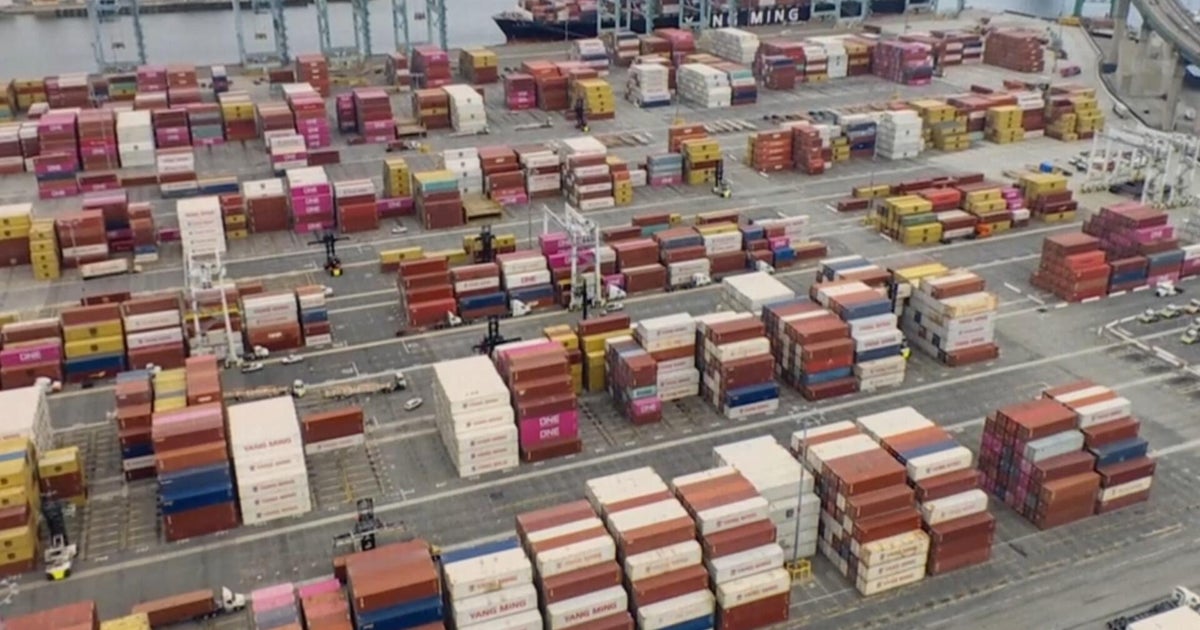The Trump administration has ended the de minimis exemption, implementing tariffs on most items shipped to the U.S. that have a value under $800. The change is already sparking confusion for international delivery services and businesses, with some shipments …
Why it matters
- The termination of the de minimis exemption alters the tariff landscape for low-value imports.
- Businesses and consumers face uncertainty regarding shipping costs and delivery timelines.
- International delivery services must adapt to new compliance requirements, impacting logistics operations.
In a significant policy shift, the Trump administration has officially put an end to the de minimis exemption, which previously allowed items valued at under $800 to enter the United States without incurring tariffs. This change is anticipated to have wide-ranging implications for both international delivery services and businesses that rely on shipping goods across borders. The new regulations have already begun to create confusion among companies that engage in cross-border trade, as they scramble to understand the implications of these tariffs on their operations.
The de minimis exemption, in place for many years, facilitated the seamless flow of low-cost goods into the U.S. market, allowing consumers to purchase items from overseas without facing additional fees. This policy change now requires that most shipments, regardless of their low value, will be subject to tariffs, potentially leading to increased costs for consumers and businesses alike. As a result, many are left questioning how these new tariffs will impact their purchasing decisions and operational costs.
Delivery services, in particular, are grappling with the repercussions of this policy change. Companies that specialize in international shipping are now tasked with navigating a more complex regulatory environment. The revised rules could lead to delays in deliveries as shipments are held up for tariff assessments. This uncertainty threatens to disrupt the flow of goods and may lead to higher prices for consumers, as businesses may pass on the additional costs associated with tariffs.
Many small and medium-sized enterprises (SMEs) that import goods from abroad will likely be hit the hardest. These businesses often operate on thin margins, and the added burden of tariffs on low-value shipments could make certain products unviable. Entrepreneurs who have built their models around the convenience of low-cost imports may now need to reevaluate their supply chains and pricing strategies.
The decision to eliminate the de minimis exemption comes amidst a broader context of trade tensions and evolving tariffs, reflecting ongoing shifts in U.S. trade policy. The move aims to bolster domestic industries by encouraging consumers to purchase American-made products rather than relying on cheaper imports. However, experts warn that the unintended consequences of such a policy could lead to increased prices and limited choices for consumers.
Critics argue that this change undermines the benefits of globalization and could lead to retaliatory measures from other countries. As nations worldwide navigate their own trade policies, the U.S. stands to lose its competitive edge if international partners respond with tariffs of their own. The global supply chain is intricately linked, and disruptions in one area can have ripple effects across the economy.
As businesses and delivery services adapt to the new normal, many are calling for clearer guidelines and support from the government to ease the transition. The lack of clarity surrounding the new tariff implementation has left many stakeholders in the dark, eager for more information on compliance requirements and potential exemptions.
In conclusion, while the intention behind ending the de minimis exemption may center on strengthening the domestic market, the immediate implications suggest a convoluted path ahead for international trade and consumer experience. The evolving landscape necessitates a careful balancing act to ensure that American businesses can thrive without alienating consumers who have grown accustomed to the accessibility of affordable imported goods. The coming months will be crucial in determining how these policy changes will play out, and stakeholders from all sectors will be watching closely as the impacts unfold.











